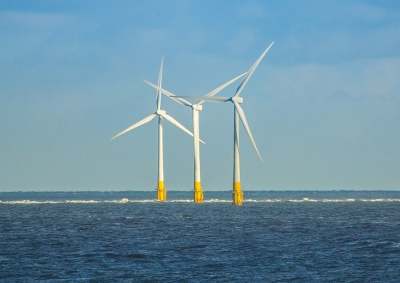What should I look for when choosing a green investment fund?
There are a number of things you should look out for when choosing your fund. This will help to ensure you are investing in what is important to you and avoiding greenwash.
- Does the fund literature tell you how environmental, social and governance factors are taken into consideration and how they are embedded in the investment process? It should explain the funds approach, be it Impact, ESG or SRI (more on this below). Are the requirements a key aspect? Do they produce impact assessments of their holdings?
- Is the research and environmental data on which investment decisions are made done in house or externally? The former is usually best. You should also look to see if the criteria are very general or quite specific. As a rule, specific is better. For example a smaller fund like Castlefield B.E.S.T Sustainable Income Fund, has a named fund manager, Mark Elliot, and the fund factsheet contains a short bio on his experience.
- Are they transparent? You should be able to see all the holdings within a fund. This allows investors to scrutinise all the investments and ensure they are as green as advertised.
- Is the fund manager voting for environmental policies at the AGMs of company AGMs? Some fund managers will have strong policies on how they engage with companies they invest in, and will report on the way in which they vote at AGMs (see our transparency rating for more on this). If they are publishing policies and reports on company engagement and voting for environmental policies, it shows a commitment to change, and it is more likely that the funds they manage are not involved in greenwash.
- Are they signed up to the United Nations’ Principles for Responsible Investment (PRI)? This shows a public commitment to responsible investment.
- Fund managers might also be signatories of the UK Stewardship Code 2020. This code establishes a benchmark for sustainable investment.
What are the different types of green investment fund?
Impact, ESG and SRI investments
Impact investing, ESG (environment, social and governance), and SRI (socially responsible investment) are different types of ethical investing, all of which can include green investment funds.
ESG investing uses environmental, as well as social, and governance (ESG) criteria to screen potential investments. ESG funds also consider traditional financial measures in their investment approach, which remain the main driver for such investments, but some ESG funds may be labelled as green.
Socially responsible investing (SRI) sets certain conditions for social responsibility using ESG considerations (and others) and then invests in businesses that meet those standards. This could be using positive or negative screening as mentioned above, some SRI funds will be environmentally focused and considered SRI funds.
Impact investments focus on helping businesses that are doing something positive. They are designed to meet particular goals and this might include environmental goals. Impact investments also tend to take a much longer term view of the investment rather than looking for quick returns. Some green investment funds are considered impact investments.
There is some overlap in the three approaches, but generally ESG investing is the most mainstream approach and impact investing the most ethically focused. However, it is worth assessing the ethics of each different company and fund.
What is the difference between an active (managed) or a passive fund?
What is an active or managed green fund?
A managed fund has a named fund manager who will screen out companies that do not have strong green credentials and/or look at finding the best green investments on a regular basis.
Companies might be assessed by a fund manager on a number of general factors, such as their transparency. Fund managers will then also look at specific green issues such as their carbon footprint.
Some companies will also be picked because they are actively focused on providing green technology or services such as building wind turbines or solar panels.
What is a passive fund?
You could invest in a “passive” exchange-traded fund (ETF). An ETF is designed to replicate the performance of a stock market index.
According to The Times Money Mentor, “ETFs and tracker funds are cheaper than active funds because an investor isn’t paying for the stock-picking skills of a fund manager to buy and sell investments.”
A green ETF will typically filter out those companies on an index that are involved in certain activities, such as oil and coal extraction.
It may also tilt the index to focus on investing in companies that perform well on ESG metrics or carbon footprint.








